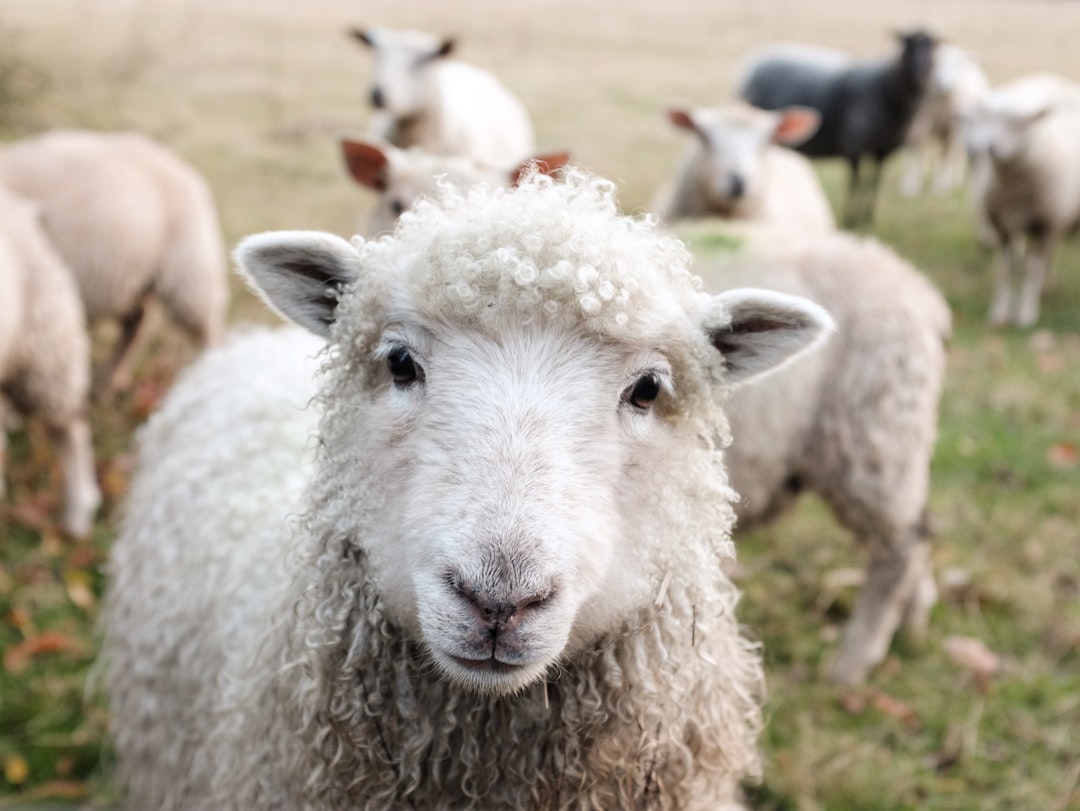Backyard farming is a rewarding experience, offering fresh food, companionship, and a deeper connection with nature. However, raising animals in a small-scale setting requires ethical responsibility to ensure their welfare, health, and quality of life.
Whether you keep chickens for eggs, goats for milk, or bees for honey, it’s important to provide them with proper care, shelter, and respect. This post explores the ethical considerations and best practices for responsible backyard animal care.
1. Commitment to Animal Welfare
Before bringing any animal home, ask yourself:
✅ Do I have the time, space, and resources to care for them properly?
✅ Can I provide consistent food, clean water, and shelter year-round?
✅ Do I understand their social and behavioral needs?
✅ Am I prepared for vet care, health emergencies, and long-term responsibility?
Animals are not just farm tools—they are living beings that require love, patience, and lifelong care.
2. Providing Proper Shelter and Space
One of the most common ethical issues in backyard farming is overcrowding and inadequate shelter. Every species has specific housing requirements to keep them comfortable and safe.
Basic Housing Needs for Common Backyard Animals
🐓 Chickens: At least 2-3 sq. ft. per bird inside a coop + 8-10 sq. ft. outdoor space.
🐐 Goats: 250-500 sq. ft. per goat, sturdy fencing, and a weatherproof shelter.
🐖 Mini Pigs: 50-100 sq. ft. per pig, dig-proof fencing, and an insulated house.
🐇 Rabbits: Large hutches with separate sleeping and exercise areas.
🐝 Bees: Proper hive placement, protection from harsh weather, and natural forage sources.
💡 Tip: Research your local climate and adjust shelters to provide warmth in winter and ventilation in summer.
3. Nutrition and Water: More Than Just Feeding
Ethical care means feeding your animals appropriately based on their natural diets.
Common Feeding Mistakes to Avoid
🚫 Feeding low-quality feed or relying on table scraps.
🚫 Overfeeding grains and processed food (can cause obesity in pigs, goats, and poultry).
🚫 Giving toxic foods (e.g., onions, chocolate, or avocados for many animals).
🚫 Providing dirty water—all animals need fresh, clean water daily.
Ethical Feeding Practices
✅ Balanced diets suited to each species.
✅ Access to natural foraging whenever possible.
✅ Nutrient-rich supplements (e.g., calcium for laying hens, minerals for goats).
💡 Tip: Always research species-specific diets to prevent malnutrition or health issues.
4. Ensuring Veterinary Care and Preventing Suffering
One of the biggest ethical responsibilities is preventing unnecessary pain or suffering.
What Responsible Owners Should Do
✅ Regular health checks – Look for signs of illness, injury, or distress.
✅ Vaccinations and parasite control – Prevent diseases before they start.
✅ Emergency preparedness – Know where to find a livestock vet nearby.
✅ Euthanasia considerations – Be prepared to humanely euthanize suffering animals if necessary.
🚨 Warning: Neglecting vet care is cruel and unethical. If you can’t afford a vet, reconsider keeping animals.
5. Ethical Treatment of Animals Used for Food
If you raise animals for eggs, milk, honey, or meat, you must treat them with respect and humane care.
Ethical Guidelines for Food Production
🐔 Egg-Laying Hens: Provide proper nutrition, enrichment, and space. Avoid forcing molting to increase egg production.
🐐 Milking Goats: Allow kids to nurse first, then milk ethically and gently.
🐖 Raising Pigs for Meat: Provide a stress-free environment and humane slaughter.
🐝 Beekeeping: Leave enough honey for the colony—don’t take all their food.
🚨 Avoid factory-farm practices like overcrowding, neglect, or breeding animals solely for profit.
💡 Tip: If you raise animals for food, ensure their life is as comfortable and natural as possible before harvest.
6. Respecting Social and Behavioral Needs
Animals are not machines—they have emotions, instincts, and social needs.
Ethical Considerations for Social Animals
✔ Chickens: Should be kept in flocks (never keep just one).
✔ Goats: Need at least one companion (loneliness causes stress).
✔ Pigs: Mini pigs bond with humans but may also need pig companions.
✔ Bees: Should be left undisturbed except for necessary hive maintenance.
💡 Tip: Always research species-specific behaviors to prevent loneliness, stress, or aggression.
7. Sustainable Waste and Land Management
Backyard animals produce waste—managing it responsibly is part of ethical farming.
Ethical Waste Management Practices
✅ Compost manure instead of dumping it.
✅ Rotate grazing areas to prevent overuse.
✅ Use eco-friendly bedding (like straw or wood shavings).
🚨 Avoid:
❌ Letting manure build up (causes disease and odor issues).
❌ Overcrowding animals, leading to poor hygiene and stress.
💡 Tip: Proper waste management benefits your garden—manure can be turned into rich compost!
Final Thoughts: Ethical Backyard Farming Is a Responsibility
Backyard farming is a privilege, not just a hobby. Whether you keep chickens, goats, pigs, or bees, their well-being should always come first.
Key Takeaways
✔ Commit fully before bringing animals home.
✔ Provide proper shelter, space, and diet.
✔ Ensure vet care and prevent suffering.
✔ Respect natural behaviors and social needs.
✔ Be sustainable—manage waste and land ethically.
🐓🐐🐖🐝 Ethical backyard farming is about care, respect, and responsibility. Are you ready for the challenge? Let us know your thoughts in the comments!

Comments
No comments yet. Be the first to comment!
You must be logged in to comment. Login